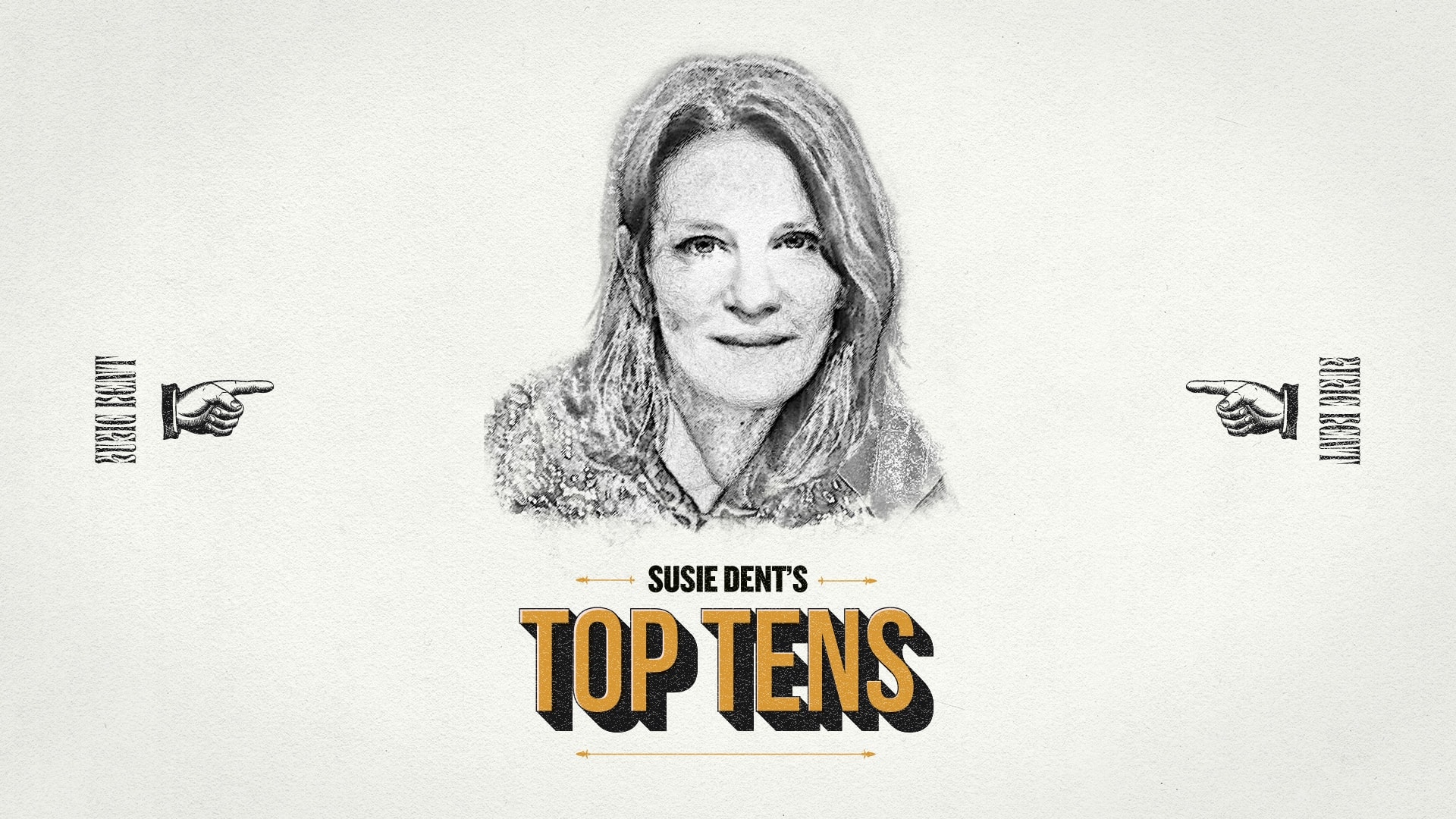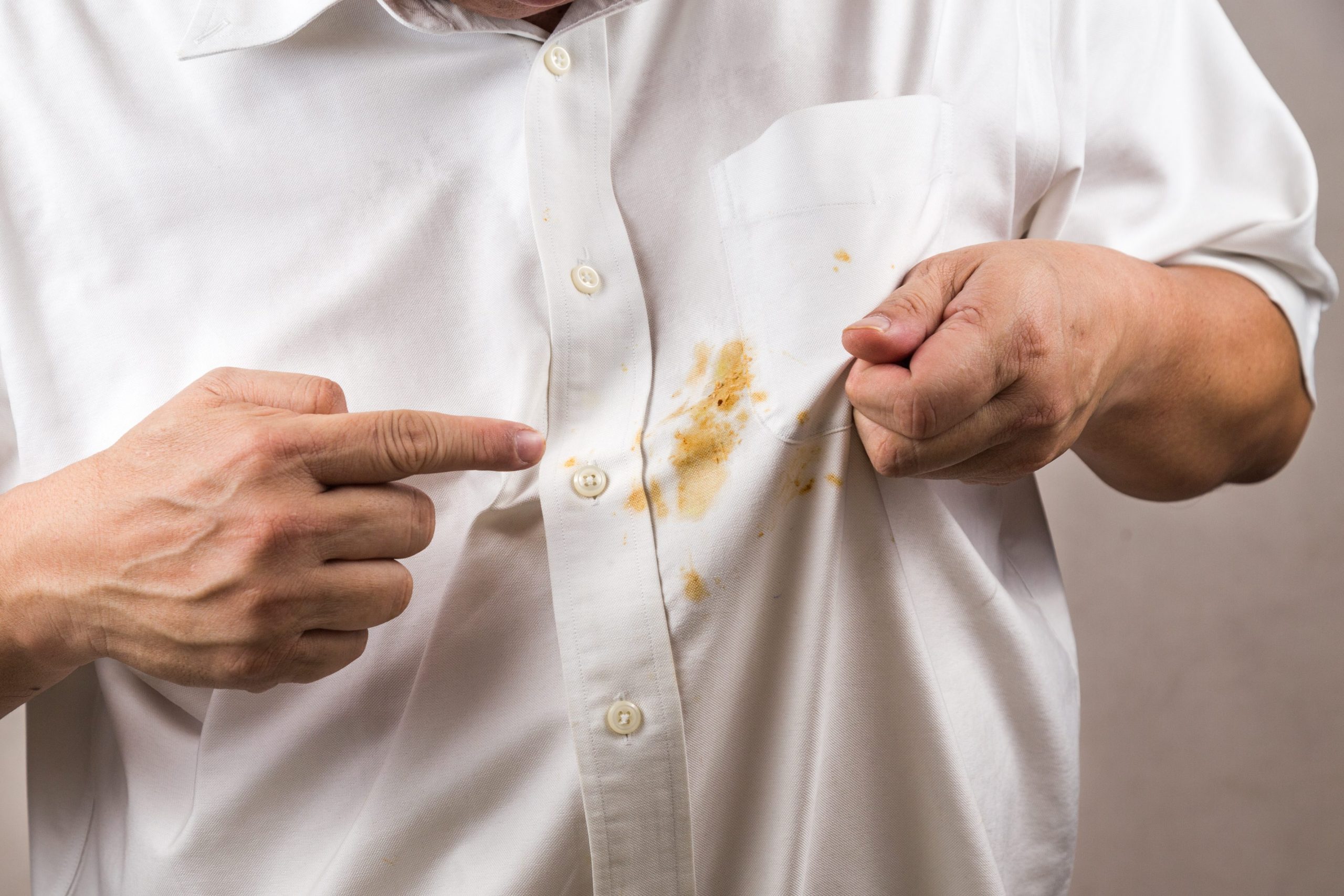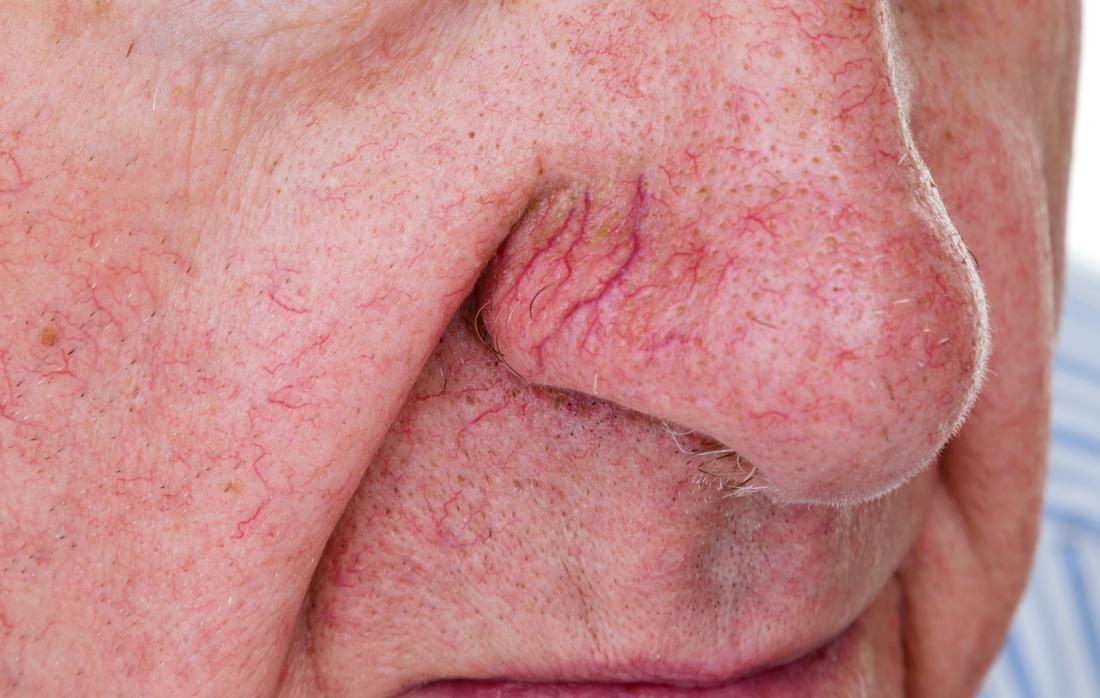
There are days when we all require a little more forgiveness when it comes to the camera lens. Times when we shove off the dysania (the inability to get out of bed) and trampoose to the kettle whilst avoiding any possible sightings in the mirror – at least until caffeine has percolated sufficiently through your body to address our appearance and lick it into some semblance of humanity. For some of us, of course, no amount of polish saves the day, and our outward appearance remains decidedly, well, ‘ish’. For these days, the following descriptions from the dictionary might help ease things along.
idiorepulsive
Should you be forced to look into the dreaded mirror, and should you not be delighted with the results, you might enjoy the word ‘idiorepulsive’, which means, quite simply, ‘self-repelling’.
coverslut
If you consider yourself to be a tatterwallop, 19th-century speak for a right scruff, you might be in need of a ‘cover-slut’. This 400-year old word describes an outer garment worn over the top of something else in order to hide a stain or something equally unsightly. It reflects the earliest use of ‘slut’ to mean ‘slovenly’ or ‘dirty’.

Woops! Looks like this fella could do with a COVERSLUT
bumfled
‘Bumfled’ is a word from Scots for clothes or bodies that are bulging, rumpled, or puckered. It might also be the ideal description of any aspect of life which leaves you feeling emotionally creased.
orkehull
Some of us know all about ‘Kummerspeck’, a German expression for the extra pounds we put on through comfort eating – such as after a break-up or other distressing episode. Its literal translation is ‘grief bacon’. Similarly, for Swedes, orkehull is the extra padding on your body that gets you through hard times.
grogblossom
Sometimes it might be alcohol rather than food that shows on our body, leaving a telltale grogblossom on our face – the red, slightly veiny appearance that betrays copious episodes of excess drinking.

Grogblossom. Lovely.
crambazzled
Grogblossoms go nicely with the Yorkshire dialect word ‘crambazzled’, whose very sound conveys its meaning of ‘prematurely aged from excess partying’.
elflocks
It was once believed that mischievous sprites visited us at night and played merry havoc with our hair. The result is the delightful but oh-so-tangly ‘elflocks’: an unruly mass of hair that takes hours to tease out.
lovelight
There is no disguising lovelight when it is present. A beautiful description from the 19th century, it means the radiant look of love in someone’s eyes. Something to aspire to when life is altogether too bumfled.
eccedentesiast
When the lovelight fails, an eccedentesiast grins and bears it – literally, for this whimsical term describes one who puts on a fake and toothy smile no matter what.
frobly-mobly
‘Frobly-mobly’ is the 19th-century version of ‘meh’. It describes the state of looking and feeling ‘indifferently well’ – not too bad, not too good, and just about hanging together.
Want to hear more from Susie about the infinitely bizarre and fascinating world of language? She’s speaking to the top brass of British comedy and entertainment about just that, and it’s all free to listen to here on whynow.




